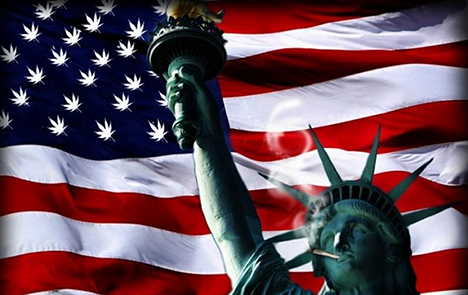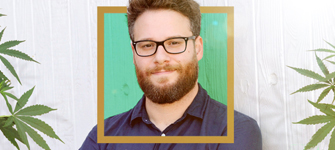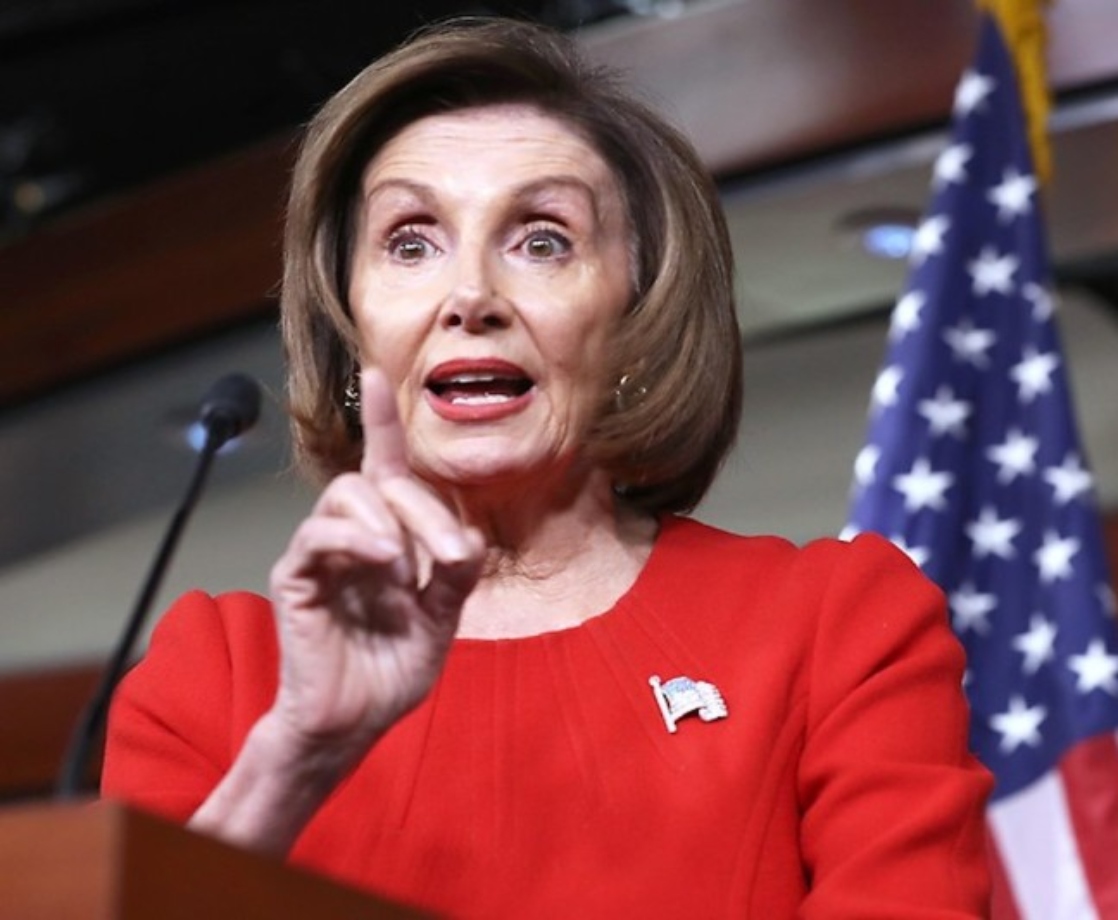Photo: THC Finder
Inside the nation’s capital, a place arguably considered the war nerve of pot prohibition in the United States, city officials are building an impressive case for policy action that eliminates the criminal penalties associated with the possession of marijuana.
The latest crime statistics from the D.C. Metro Police Department reveals that marijuana arrests have become virtually non-existent ever since voters approved Initiative 71 allowing the possession, cultivation and transfer of the cannabis plant.
Although arrests for possession have been on the decline in the District for the past several years, the latest report reveals that police have only busted 7 people for cannabis during the course of 2015.
To put these numbers into perspective, the District’s marijuana arrest record this year is comparable to parts of the country where prohibition has been completely eradicated at the state level. Reports show the City of Denver had only 1 court case for marijuana possession in 2014, while pot offenses in Washington state experienced a 98 percent decline.
In 2014, the D.C. Council approved a measure to castrate the penalties associated with possession of up to an ounce of marijuana by making the offense a civil infraction punishable with a $25 ticket. This was a huge improvement to the District’s previous policy, which came strapped with a penalty of up to six months in jail and a $1,000 fine. However, while decriminalization was undoubtedly successful – there were only 895 pot-related arrests in 2014 — it was not until the District implemented Initiative 71 earlier this year when law enforcement finally took their hands off the wheel.
Before the decriminalization law took effect, the District was considered the capital of misdemeanor pot arrests in the United States. The American Civil Liberties Union published a report that found D.C. police were making about 846 arrests per 100,000 residents – a shocking revelation considering the national average was only 256 arrests per 100,000 people.
To make matters worse, the ACLU found that the police department had been engaging in the practice of busting stoners at a rate of almost 9 times more where the African American community was concerned. The results quickly pointed to a misguided policy rooted in racism.
"In over 96 percent of counties with more than 30,000 people in which at least 2 percent of the residents are black, blacks are arrested at higher rates than whites for marijuana possession," the report stated.
However, once the decriminalization law was in place, District cops quickly embraced the concept of no longer focusing their efforts on marijuana crime. Earlier this year, during a segment with NewsChannel 8, District of Columbia Police Chief Cathy Lanier said that her department’s job has been “a little bit easier” since former Mayor Vincent Gray signed a bill decriminalizing the possession of small amounts of marijuana.
The results of the department’s latest crime data, published 8 months after Initiative 71 brought prohibition to a screeching halt, paints a portrait of a police department relishing in the concept of spending fewer tax dollars to combat marijuana-related offenses and more on combating serious crime.
Yet, not everyone in the area is prepared to get behind marijuana reform being good for the community. Just up the road in Prince George’s County, Maryland, located on the outskirts of the D.C. metro, a leading prosecutor has suggested that decriminalization has contributed to a recent spike in area murders.
Last month, during an interview on WAMU’s The Kojo Nnamdi Show, State’s Attorney Angela Alsobrooks said that she attributes the recent increase in murder throughout Prince George’s County to Maryland’s decision to eliminate the criminal penalties associated with pot possession. While her statement caught the show’s host noticeably off guard, she went on to explain that decriminalization has enabled a turf war between local gangs that are fighting for control of the black market drug trade. Alsobrooks insists that without law enforcement being permitted to conduct random searches, like they did before decriminalization went into effect, it has created an untouchable environment where gang members can easily transport marijuana as well as carry illegal firearms to combat rival organizations.
"The decriminalization of marijuana has really driven the violence we have seen this year in Prince George's.” Alsobrooks said. "What we're seeing is they're fighting for turf. The marijuana dealers are fighting."
"We no longer have the ability to search individuals who have small amounts of marijuana," she added. " We're also concerned were having individuals who also possess guns who are not searched and we are not able to search incident to arrests and to recovers guns. And so were going to have to find a new way to get some of the guns off the streets.”
Even in New York City, where marijuana arrests have dropped by around 75 percent since Mayor Bill de Blasio made the decision to follow a 30-year statute decriminalizing weed statewide, law enforcement overlords are blaming their inability to bust marijuana offenders for an increase in murder rates. During a press conference earlier this year, NYPD Commissioner Bill Bratton suggested the city’s homicidal swelling of 15-20 percent was due to killings over marijuana.
"In this city, people are killing each other over marijuana more so than anything that we had to deal with in the '80s and '90s with heroin and cocaine,” Bratton said.
Some policy experts, like Gabriel Sayegh, the managing director of policy & campaigns for the Drug Policy Alliance, have suggested that if the Bratton is really concerned about ending the violence associated with black market marijuana that he should get behind NY Senator Liz Krueger’s Marijuana Regulation and Taxation Act, which seeks to create a statewide cannabis industry similar to Colorado.
“We know more policing won’t fix these problems,” Sayegh said. “If Commissioner Bratton is serious about the health and safety of New Yorkers, he needs to let go of the outdated and dangerous reefer madness propaganda. It’s time for a new approach.”
While some areas are obviously struggling with the concept of marijuana reform being a benefit to the greater good of civil society, even those involving simple decriminalization, the District of Columbia appears to have a unique and inspiring synergy within the local government that is allowing for the successful implementation of a more common sense approach to drug laws.
D.C. Attorney General Karl Racine recently reiterated his position on marijuana decriminalization/legalization, telling C-SPAN host Peter Slen that “law enforcement and over-criminalization of drug laws can cause more harm to society than benefit.” The District’s chief legal eagle said that Congress should get out of the way and let local lawmakers improve on marijuana policies in the nation’s capital by moving forward with recreational sales.
“We can use the tax benefits that come in to educate folks on proper uses and dangers of drugs… and thereby move into, what I think, is the world of the 21st Century when it comes to law enforcement and the use of drugs in America,” Racine said.
Although the naysayers of decriminalization believe it creates a murderous society, this method of drug reform actually comes with a well-documented success rate. In fact, ever since Portugal made the decision in 2001 to decriminalized the possession of all illegal drugs, the nation has experienced user rates well below the European average, not to mention more people than ever before coming forward for drug treatment. Unlike the United States, which is currently plagued by a nasty opioid epidemic, Portugal’s decriminalization measure has significantly lowered overdose deaths and cases of HIV/AIDS are on a consistent decline.











